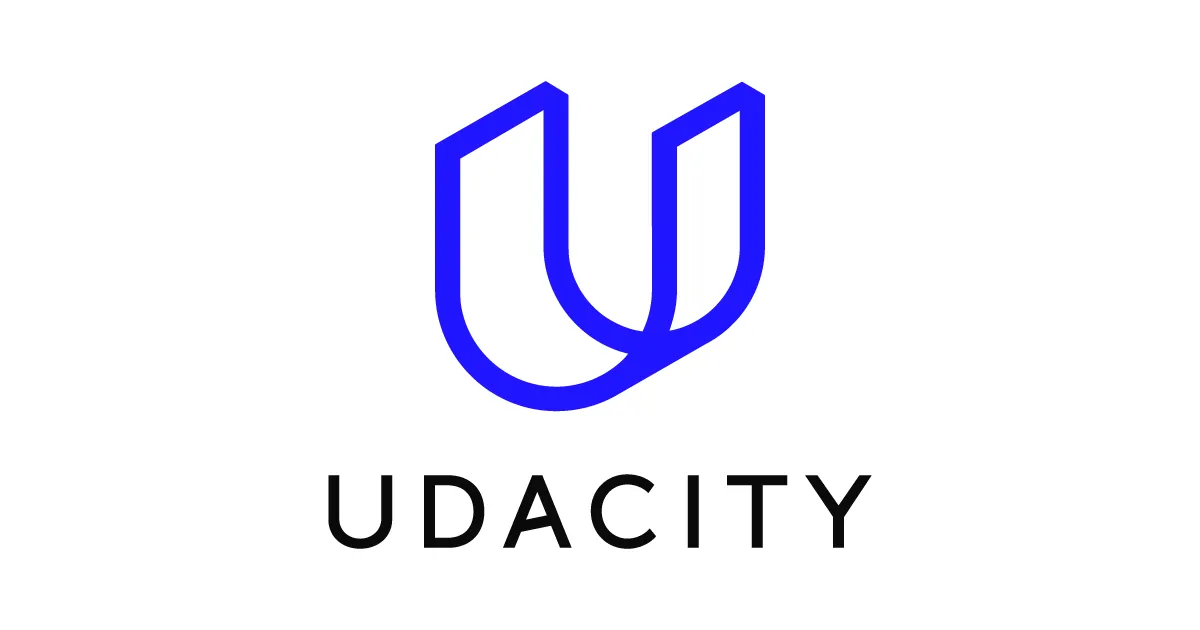
Computability Complexity & Algorithms 
Explore the power and limitations of algorithms and learn how to develop efficient solutions to real-world problems. Enroll in Computability Complexity & Algorithms today! ▼
ADVERTISEMENT
Course Feature
![]() Cost:
Cost:
Free
![]() Provider:
Provider:
ThaiMOOC
![]() Certificate:
Certificate:
No Information
![]() Language:
Language:
English
![]() Start Date:
Start Date:
On-Demand
Course Overview
❗The content presented here is sourced directly from ThaiMOOC platform. For comprehensive course details, including enrollment information, simply click on the 'Go to class' link on our website.
Updated in [June 30th, 2023]
CS6505: Computability Complexity & Algorithms is a course offered at Georgia Tech that explores the power and limitations of algorithms. Students will learn to ask the big questions, such as "What is a computer? What are the limits of computation? Are there problems that no computer will ever solve?" and "Are there problems that can’t be solved quickly?" Through this course, students will gain an understanding of the power and limitations of algorithms, and how to develop the tools to make real-world computers smarter, faster and safer. This course does not earn credit towards the Online Masters Degree (OMS).
[Applications]
The application of this course can be seen in many areas. Students can use the knowledge gained from this course to develop algorithms for solving complex problems in computer science, such as artificial intelligence, machine learning, and natural language processing. Additionally, students can use the concepts learned in this course to develop efficient algorithms for data analysis and visualization. Furthermore, the knowledge gained from this course can be used to develop secure and reliable software systems. Finally, the concepts learned in this course can be used to develop algorithms for distributed computing systems.
[Career Path]
Recommended Career Path:Data Scientist
Description:Data Scientists are responsible for collecting, analyzing, and interpreting large amounts of data to identify trends and patterns. They use their findings to develop strategies and solutions to improve business operations. Data Scientists must have a strong understanding of mathematics, statistics, and computer science, as well as the ability to think critically and solve complex problems. They must also be able to communicate their findings to stakeholders in a clear and concise manner.
Development Trend:The demand for Data Scientists is growing rapidly as businesses become increasingly reliant on data-driven decision making. As a result, Data Scientists must stay up to date on the latest technologies and trends in the field. This includes learning new programming languages, such as Python and R, as well as mastering machine learning and artificial intelligence techniques. Additionally, Data Scientists must be able to work with large datasets and be comfortable with data visualization tools.
[Education Path]
The recommended educational path for learners interested in Computability Complexity & Algorithms is to pursue a degree in Computer Science. This degree typically includes courses in programming, data structures, algorithms, operating systems, computer architecture, software engineering, artificial intelligence, and computer networks. Students will learn how to design, develop, and analyze algorithms, as well as how to apply them to solve real-world problems.
The development trend of this degree is to focus on the application of algorithms to solve real-world problems. This includes the development of new algorithms, the use of existing algorithms to solve problems, and the analysis of algorithms to determine their efficiency and effectiveness. Additionally, the degree is increasingly focusing on the use of machine learning and artificial intelligence to solve complex problems. As technology advances, the degree is also becoming more specialized, with courses focusing on specific areas such as robotics, natural language processing, and computer vision.
Course Provider

Provider ThaiMOOC's Stats at AZClass
Discussion and Reviews
0.0 (Based on 0 reviews)
Explore Similar Online Courses

Plan a Successful Freelancing Business

Professional IQ Capstone

Python for Informatics: Exploring Information

Social Network Analysis

Introduction to Systematic Review and Meta-Analysis

The Analytics Edge

DCO042 - Python For Informatics

Causal Diagrams: Draw Your Assumptions Before Your Conclusions

Whole genome sequencing of bacterial genomes - tools and applications

The Merkle Tree and Cryptocurrencies

Greedy Algorithms Minimum Spanning Trees and Dynamic Programming


Start your review of Computability Complexity & Algorithms